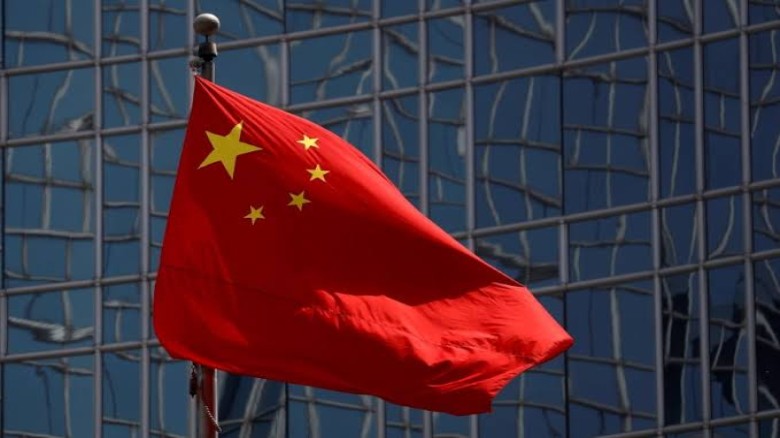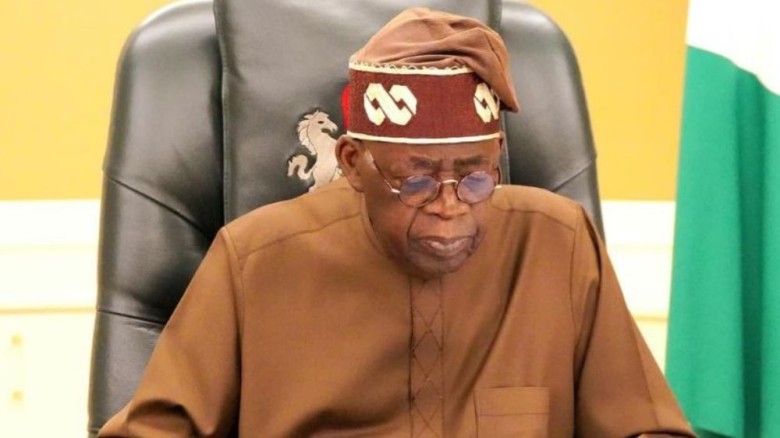Personal loans to banks fall by 53.9%
Personal loans owed by Nigerians to commercial banks fell sharply from N7.52 trillion in the first quarter of 2024 to N3.47 trillion in the second quarter, a 53.9% drop.This significant decline is primarily due to the impact of high interest rates, which have made borrowing more expensive and burdensome for many people.
This decrease in personal loans is highlighted in the most recent Central Bank of Nigeria quarterly economic report for Q2 2024.
Personal loans fell sharply from N7.52 trillion in Q1 2024 to N3.47 trillion in Q2 2024, compared to an increase of N5.49 trillion in the first quarter. While the CBN's report does not explain the drop specifically, it is most likely due to Nigerians repaying loans despite the challenges posed by higher interest rates.
This trend coincides with the CBN's hawkish monetary policy, which has resulted in higher borrowing costs.
Personal loans, which accounted for 73.35% of total consumer credit, experienced a significant shift in the second quarter of 2024. At the same time, retail loans rose from N0.72 trillion to N1.26 trillion, indicating a shift in borrowing patterns.
While individuals appear to be repaying personal loans, small retail businesses are increasingly relying on credit to meet the high cost of doing business in Nigeria.
According to the CBN report, consumer credit outstanding decreased by 42.60% to N4.73 trillion in Q22024 compared to the previous quarter. Personal loans decreased to N3.47 trillion from N7.52 trillion in Q12024, but they remained dominant, accounting for 73.35% of total consumer credit. However, retail loans increased to N1.26 trillion from N0.72 trillion in the previous period."
Under Yemi Cardoso's leadership, the Central Bank of Nigeria has aggressively raised the Monetary Policy Rate five times in an attempt to combat inflation and stabilize the economy.
The rate hikes began with an increase from 18.75% to 22.75%, followed by additional increases to 24.75%, 26.25%, and 26.75%. Most recently, in September 2024, the Monetary Policy Committee (MPC) increased the MPR by 50 basis points to 27.25%.
These consecutive hikes reflect the CBN's efforts to control inflation and stabilize the naira, but they also raise borrowing costs for both consumers and businesses.
This tight monetary policy has contributed to a drop in personal loans and a shift in borrowing patterns, as individuals grapple with higher debt costs and small businesses seek credit to cover rising operational costs.
























Leave A Comment